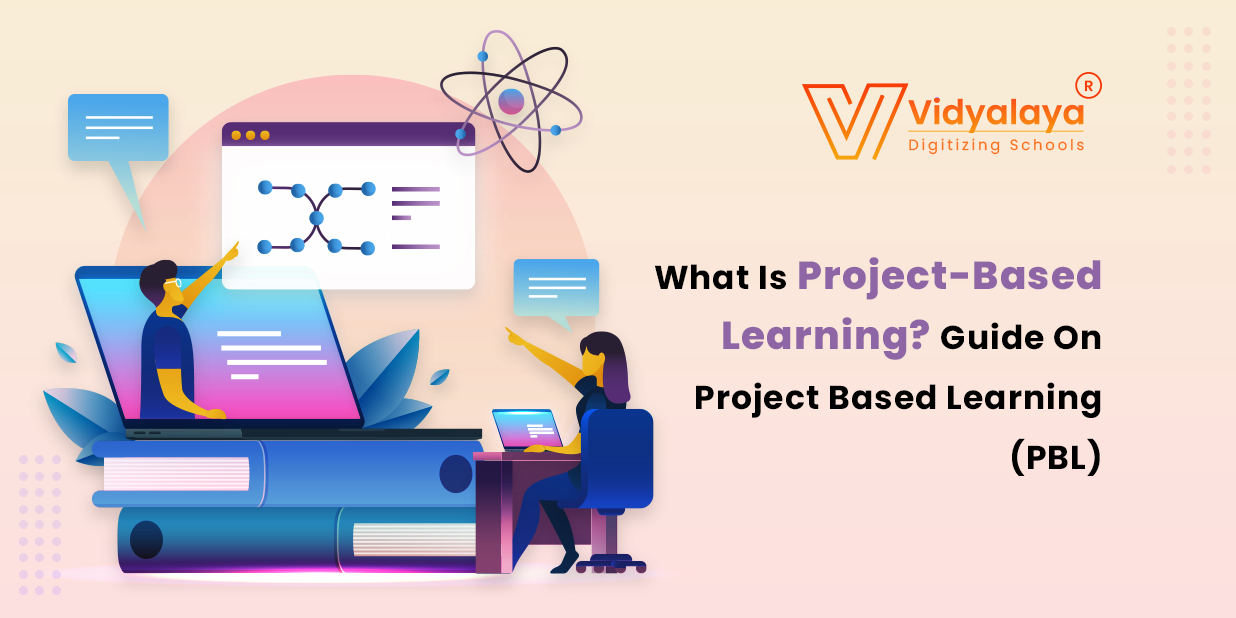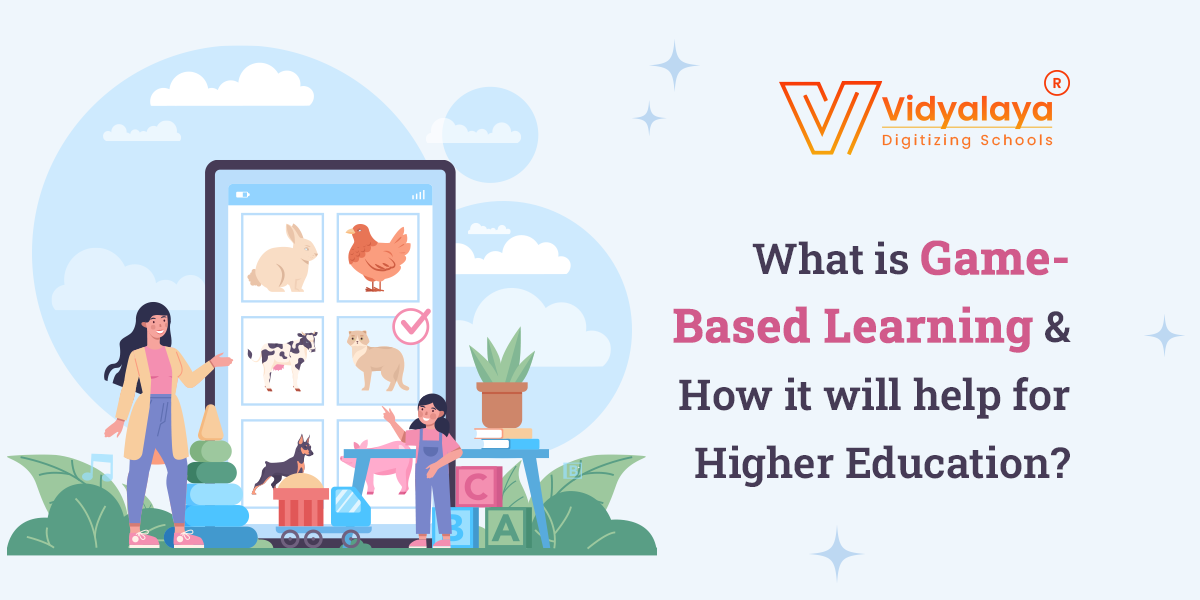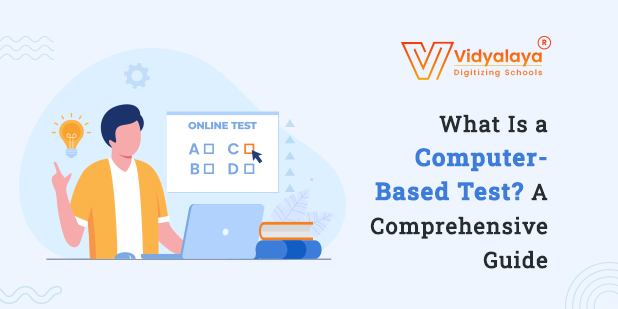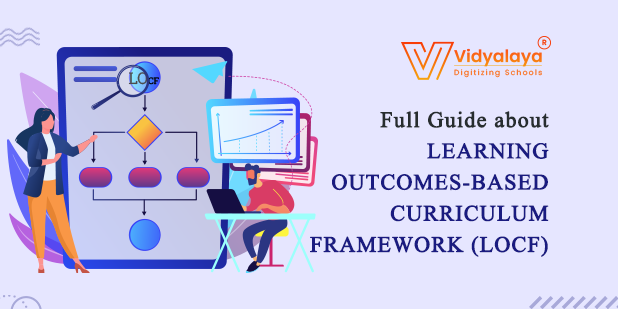“Knowledge is a consequence of experience.” – Jean Piaget, Swiss Psychologist.
It’s so true that our many routine tasks are almost based on that. You are doing them better and gaining more knowledge through the experience only. In the education sector, where learning is the core task, this idea can generate a revolutionary change. The project is not a newbie for the education sector. For the last many years, teachers have assigned projects to students and students apply their gained knowledge, skills, and expertise to complete them. Based on evaluation, students are assessed and scores are given. Generally, projects differ from any other assignment form as they relate to real-life problems. The same analogy is implemented in a learning approach called Project-based Learning. This is a dynamic classroom approach that encourages students to apply their knowledge to solve real-life problems and challenges. Let’s learn how this exceptional approach opens new doors for the education sector!
What is Project-based Learning?
Project-based learning or PBL is an instructional methodology in which students identify real-world problems and develop relevant solutions by applying their gained knowledge. In this approach, students acquire knowledge and develop different skills by working on a project for a longer period. Teachers offer guidance wherever they need it and help them to identify, research, and develop solutions for real-world problems.
Project-based learning has been quiet here for more than a decade. The conventional way of teaching is not that connected to other units in a learning story. In the era of a learning management system, PBL can redefine learning. It can enhance the essence and with the in-built tools, it is easy for educators to implement the approach.
How Project-based learning is different from “Doing a Project”?
|
Project-based Learning |
Doing a Project |
|
|
|
|
|
|
|
|
What are key characteristics of Project-based Learning?
Project-based learning is not just a group study or working on a randomly assigned project. The below key characteristics will help to explore the real essence of the PBL:
1. Relate Knowledge gained through classroom:
The entire concept of PBL is based on this only. It encourages students to earn knowledge and apply it to real-world challenges. It empowers them to go deepen in the subject matter and build a concrete knowledge base. This knowledge is ultimately based on real-world scenarios so students can apply it at any suitable place.
2. Being creative in finding the solution to the challenges:
The PBL always insists on igniting the students’ innovation and their own pro-activeness. The role of tutors in this is the supporting role and offer guidance only when they are needed. Tutors should give space to their learners so that they can find the solutions for challenges on their own.
3. Offer freedom in how they want to learn:
Set your students free and let them decide how they want to learn. They learn more interestingly when something ignites their imagination and interest. No matter what is the end result, students must have autonomous freedom of what they are making and how they are making it. They should learn to work in groups, communicate their ideas, share them with colleagues, and replicate the same passion in others.
4. Follow clear assessment criteria:
Always keep the students in the loop. Let them know what is expected of them. Before the project commences, every student should be clear with some aspects like:
- How the project is evaluated and graded
- All the products the students should keep handy in
- Are they going to work in groups or on an individual basis
When students are clear with the expectations from them, they are more likely to progress and win. This is ultimately the aim of project-based learning.
What are the Pros and Cons of Project-based Learning?
Project-based learning comes with plenty of benefits and they are:
- Project-based learning empowers tutors to assess their learners with diverse online assignments so that they can grow and develop multiple skills.
- With better engagement, keep your students more active and on the same page.
- With a variety of communication channels, students and teachers can have improved relationships.
- Students are more connected to each other through group work and they tend to develop various professional skills like teamwork, fluent communication, cooperation, and problem-solving.
- As students are more accountable in this approach, the struggle is real and is ultimately a satisfactory journey.
As every coin has two sides, project-based learning has a few cons:
- Teachers need to act as facilitators for successful projects. If they are not or they are not familiar with the approach, the success of this cannot be guaranteed.
- It is important to get all teaching in the schedule as per the development of projects. If content is missing, it is difficult to maintain the flow.
- Working in groups can be both a boon and a curse at the same time. Lazy students may take advantage of hardworking students.
How a Learning Management System can help in the implementation of Project-based Learning?
Till here, we know that PBL is a pedagogical approach that keeps students engaged in authentic and collaborative tasks with creative, problem-solving, and team-building skills. Now educational institutes are moving on with products like Learning Management system. Learn how a LMS can contribute to PBL implementation:
- One can use LMS to communicate with students to define projects, deadlines, provide resources, and set project milestones.
- Students, teachers, experts, and community members can use an LMS to collaborate and have an online space for discussion, feedback, peer review, and even a simple brainstorming session.
- Students can use LMS to support project inquiry and research and offer access to a reliable source of information.
- Use of LMS can encourage students to improve their creative and innovative skills. Students’ work can be showcased using blogs, posts, galleries, and portfolios.
- Teachers can use a LMS platform to assess and improve students’ performance with data collection and analysis techniques.
Final Thoughts!
Project-based learning is surely bringing a revolution in the education sector. Looking at the enormous benefits offered by the technology, the concept is going to be an aspect of learning strategies. The concept profoundly picks up the essential characteristics of underlying learning processes like examination, reflection, and iteration, and puts them on the front. PBL helps educators prepare their students for real-world challenges.
Vidyalaya is a leading name in the global and Indian Education sector, with a top-notch product range. Our organization constantly strives for the best and futuristic approaches to blend them into products. We can offer assistance in implementing this model inside your campus and our learning management system is the right place to simply the entire process of PBL. So, build and fuel students’ curiosity with our prominent EdTech products! Dial or just mail us for a free demo!





















